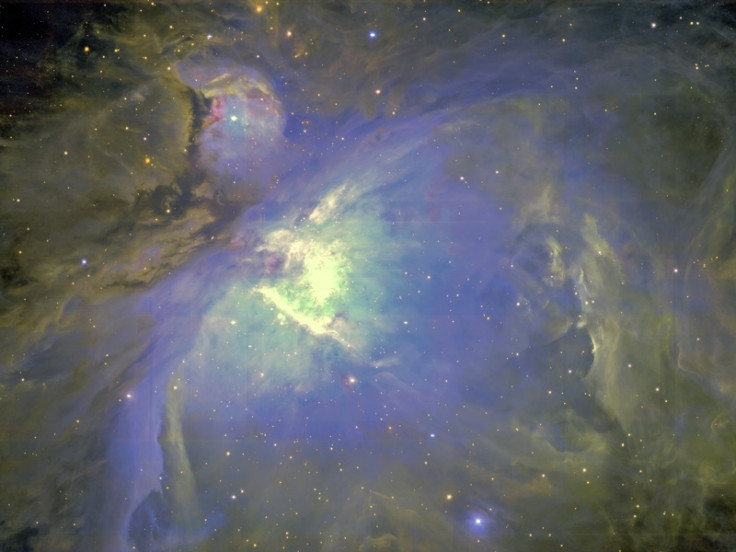Dark matter and energy: Researcher questions existence of mysterious, unseen particles and force
Both Einstein's theories and Newton's laws work in a universe sans dark matter and dark energy, says researcher.

Going against a century of scientific consensus, a researcher from the University of Geneva (UNIGE) has questioned the existence of dark matter and dark energy.
Dark energy has been hypothesised by scientists to be the mysterious force responsible for the exponential expansion of the universe, and is also believed to be stronger than gravity.
Dark matter is a type of matter that interacts with the rest of the universe only through gravity, and is believed to make up a majority of all matter present in the universe. It is also believed that normal matter — what can be seen and felt by humans, including the stars and all the galaxies — makes up for only less than five percent of the total mass of the universe.
However, Andre Maeder, a professor at UNIGE Department of Astronomy, has come out stating that these concepts may no longer be valid. He believes that the phenomena that are used to explain the existence of the majority of mass in the universe can happen without dark matter and dark energy, according to his study recently published in The Astrophysical Journal.
He adds that the accelerating expansion of the universe can be demonstrated without the need for dark energy, a report by Xinhua news agency wrote, citing a press released from the university.
Maeder explains that by removing the need for dark matter and dark energy to exist, it makes the way toward "potentially solving two of astronomy's greatest mysteries".
The researcher offered a "starting hypothesis that has not been taken into account" so far by returning to the basics. He talks about scale invariance of an empty space, which simply put, means that an "empty space and its properties do not change following a dilation (expansion) or a contraction".
Maeder, notes the report, ran several rounds of cosmological tests based on the condition of a constant empty space. The results hold true in context with both Einsteinian relativist theories as well as Newtonian laws of acceleration, he claims. The model predicted an expansion of the universe at an accelerated rate without requiring any unseen particles or any dark energy.
Another test that Maeder ran about the speeds reached by stars in the outer edges of galaxies as well as stars oscillating on the outer edges of the Milky Way also worked within the empty space hypothesis, he reportedly said.
In spite of the fact that Maeder's findings could prove to be quite controversial, he insists that it "remains true to the spirit of science: nothing can ever be taken for granted, not in terms of experience, observation or the reasoning of human beings".






















